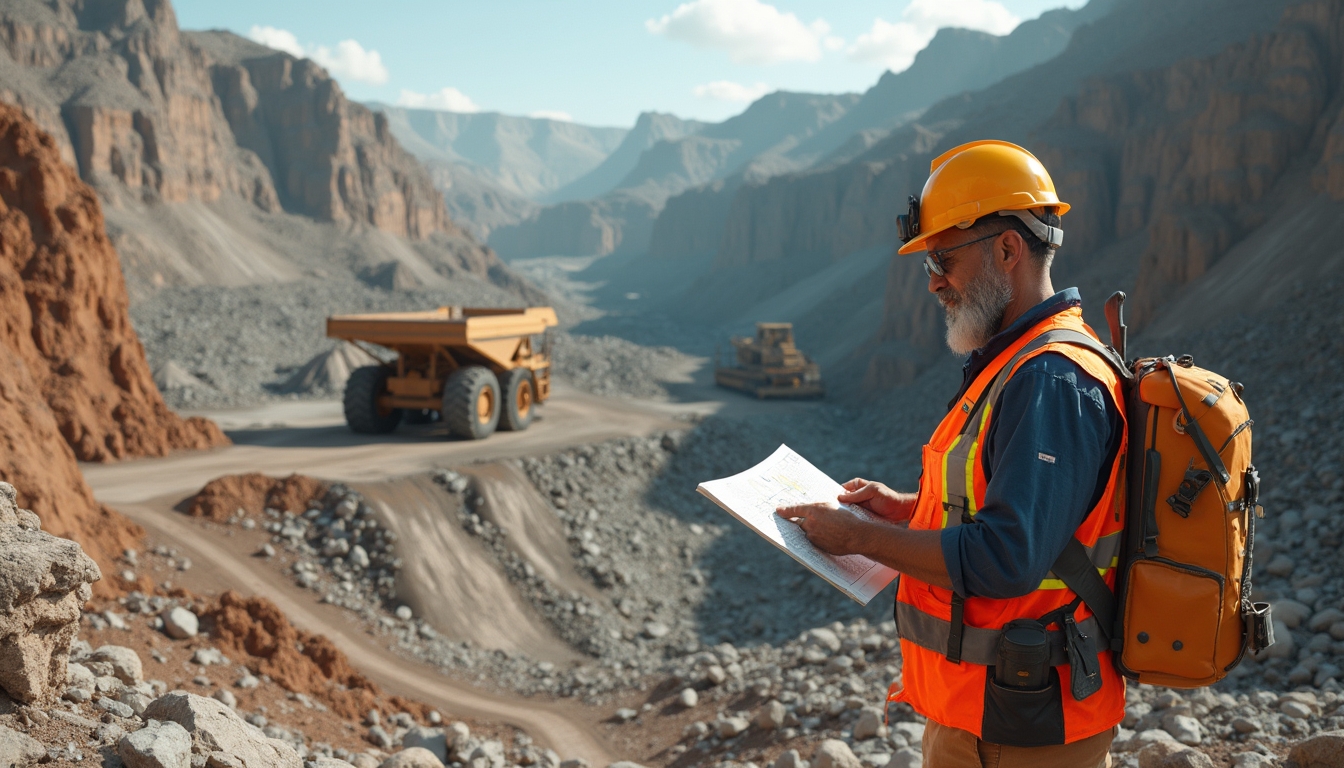
Mali celebrated its sixth Geologists’ Day on Saturday, marking an important milestone in the country’s mining and energy sectors.
Held in Bamako under the theme “Geology in the service of sustainable development and the development of energy resources, no development without women,” the event brought together researchers, engineers, and economic players with a shared goal: to underscore the vital role of Earth sciences in Mali’s ongoing transformation.
The event, chaired by Mali’s Minister of Mines, Professor Amadou Keïta, provided a platform for discussing the country’s rich geological resources and their pivotal role in the nation’s development. The gathering focused on the challenges and opportunities in the mining sector, particularly gold, which remains a cornerstone of Mali’s economy.
Mali is one of Africa’s top gold producers, ranking third on the continent, with production hitting 65.91 tonnes in 2023, according to the Extractive Industries Transparency Initiative (EITI) report.
Gold accounts for almost 9% of the national GDP and about 75% of exports. Major mining sites like Loulo, Gounkoto, and Morila, operated by Barrick Gold and Firefinch, contribute significantly to industrial output.
However, industrial gold production saw a sharp decline of 32% year-on-year in 2025, with production standing at just 26.2 tonnes as of August 31.
The Ministry of Mines attributes this drop to disputes between the government and operators, leading to the suspension of activities at several key sites. Notably, the Loulo mine has been placed under provisional administration pending an audit of governance and revenue distribution.
The Federation of Geoscientists of Mali (FEGEM), the event’s organizer, used the occasion to stress the importance of strengthening scientific training and fostering cooperation within the sector.
FEGEM, which counts around 2,000 members from public, private, and academic sectors, advocates for a greater integration of geology into national development policies and energy transition strategies.
A significant focus of this year’s Geologists’ Day was gender equality in the mining sector. Ms. Wadiou Traoré, president of Women in Mining Mali since 2024, highlighted the barriers women face in geosciences, emphasizing the need for more support and opportunities for female professionals.
The Ministry of Mines unveiled the Mentorat Mines project, designed to support female graduate students in their career paths and encourage more women to enter the geoscience and mining fields.
The Mining Code, adopted in 2023, reflects a shift toward more sustainable resource management, granting the state a 30% stake in new mining projects and even higher participation in certain ventures.
Notably, the government increased its share to 35% in the Goulamina lithium project, developed in partnership with China’s Ganfeng Lithium.
The Goulamina deposit, located in the Bougouni region, is one of West Africa’s most promising sources of lithium, a crucial component for renewable energy technologies.
Additionally, the government suspended artisanal gold mining in 2023 after a series of deadly accidents at unregulated mining sites.
Despite its importance to thousands of families, artisanal mining remains difficult to regulate, and official estimates suggest it constitutes a significant portion of Mali’s gold production, though comprehensive data is lacking.
In his closing address, Minister Keïta emphasized the critical role of geoscientists in shaping the country’s economic and environmental future.
He called for increased collaboration between researchers and policymakers to ensure that geology becomes a driving force for national sovereignty and sustainable development.
This year’s Geologists’ Day comes at a time of significant restructuring in Mali’s mining sector, with efforts focused on diversifying revenue streams, improving gender equality, and addressing energy transition challenges.
As the country continues to leverage its geological resources, the role of geoscience has never been more crucial in securing Mali’s economic stability and long-term growth.



